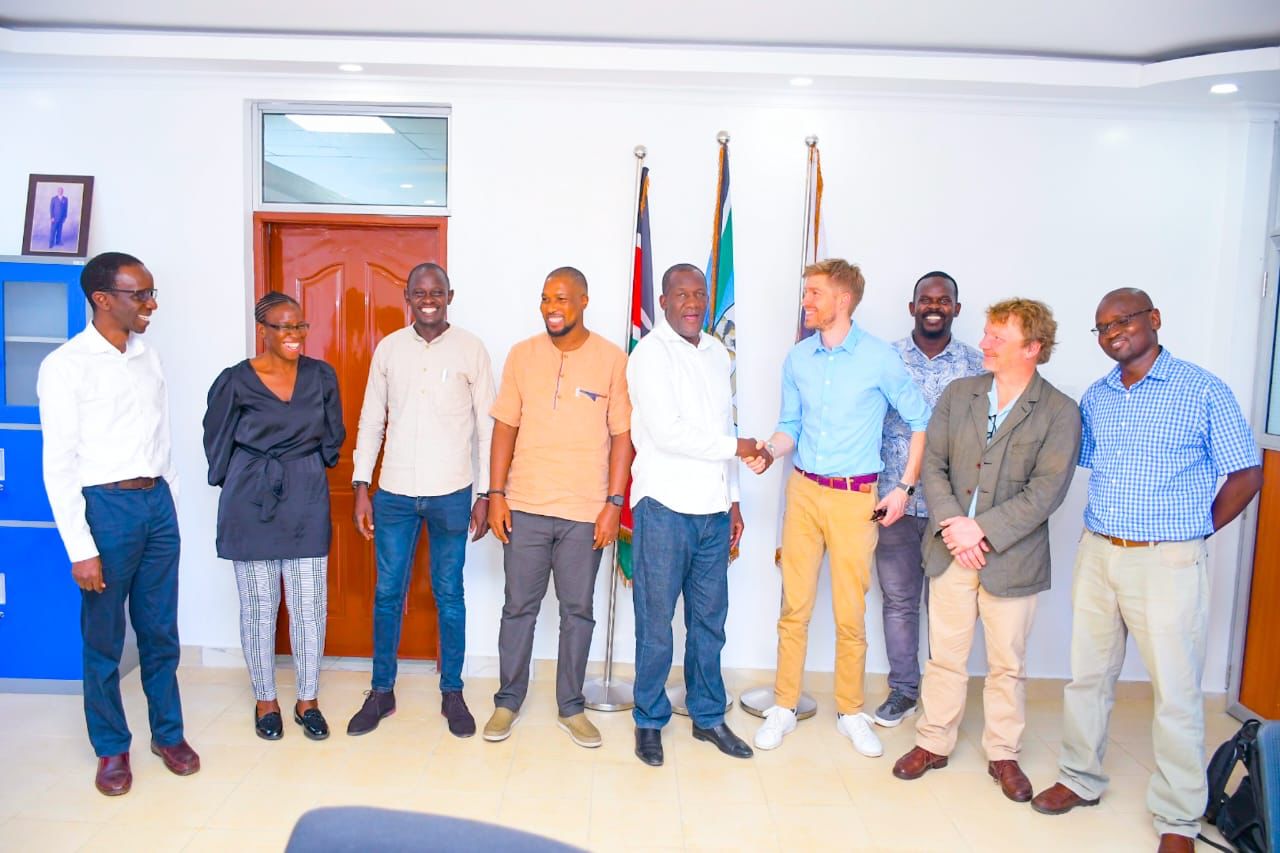Kisumu started identifying high potential urban infrastructure projects
Representatives from the local and national governments gathered to discuss an action plan to identify transformative urban projects. This workshop marks the third phase of the African Cities Program (ACP) of the African Development Bank (AfDB).
From the 5th till the 7th of February, representatives from the city and the county department as well as national institutions and ministries participated in a workshop in Kisumu to discuss urban planning. They agreed on prioritization criteria to select urban infrastructure projects for the city and discuss their feasibility. The three-day event has been organized by a consortium of urban planning consultants with the support of a Kenyan company specialized in urban governance and public engagement.
The French consulting company Groupe Huit invited the participants to review, evaluate and rank 17 projects and 8 growth nodes, defined as potential areas of development. The prioritization was based on a multicriteria evaluation on three dimensions: environment and climate (e.g. reduction of greenhouse emissions), economic and social (e.g. job creation), as well as strategy and feasibility (e.g. technical and administrative capacities of the city). The event concluded with the visit of the potential growth nodes and the lake area of the city.
During the discussions, representatives from the city highlighted the necessity to address issues such as zoning and development of green urban areas. In addition, national authorities emphasized that land management and economic development or the capacity of the city in mobilizing its own revenues were two critical issues for the development of the city. Both local and national governments confirmed their alignment on the identified priorities.
At the end of the workshop, 5 key priorities and growth nodes were selected to be an investment focus in order to build a better future for Kisumu. They will be leveraged to face the city’s challenges that were most cited by the participants during the process: improve the city environment, contribute to finance sustainability, job creation, involvement of the private sector and access to basic infrastructures.

Many outcomes are expected from these transformative projects and they will already have an impact in the short term. Lakefront development, upgrading of informal settlement, city land management and main roads improvement were the most cited projects during the workshop. Full review of the urban street profile (mobility, lighting, greening), multimodal bus stations, open green spaces are some of the quick wins that are expected to come out of these investments. The Nyamasaria area, for instance, bordered by the river and the highway, could serve as a city gateway along Nairobi Road, with Kondele. Becoming a commercial hub for locals and travelers, the project’s design is aiming at creating opportunities for market development.
The event ended with a visit to the main growth nodes and especially to the lakefront area of Kisumu. The development of this area is an ambitious program that started over a decade ago and will involve both public and private institutions. As confirmed by both local and national representatives, the lakefront is opening promising perspectives and is therefore a high potential development project for the city.
Kisumu joined the African Cities Program of the AfDB in 2022 as the city was hosting the 9th Africities Summit. The program was seen as an opportunity to transform the city by leveraging the lakefront to attract new investments. As stated by Mrs. Nnenna Nwabufo, Director General of the AfDB, in its opening address, “Africa’s urban population is expected to reach 1.2 billion by 2050 and the majority of this population will reside in an intermediary city such as Kisumu”. The Kenyan city is fostering transformative projects that will inspire all emerging intermediary cities of the continent.
Once validated the list of bankable projects that will contribute to achieving the vision of the city, the next phase of the program will be dedicated to prepare and launch pre-feasibility studies. The UMDF will support Kisumu to develop partnerships and to mature its projects, on the basis of sound planning and good governance. Kisumu is opening the way toward climate resilient, livable and productive urban development for intermediary cities!
The ACP started in 2020 and will be extended to at least 40 participants by 2027. Any city willing to benefit from the UMDF support is welcome to join the 15 reform-oriented cities that are already participating in.

